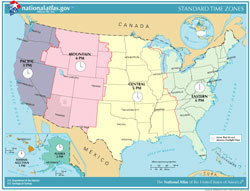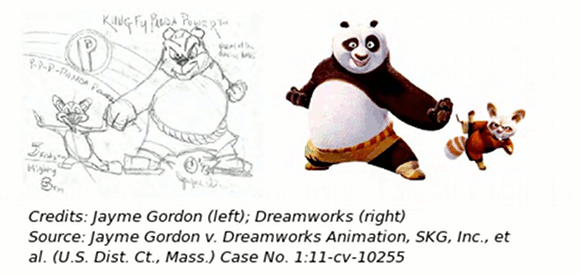 Last week, Public.Resource.Org, through their counsel at the Electronic Frontier Foundation, filed an action for declaratory judgement against the Sheet Metal and Air Conditioning Contractors’ National Association, Inc. [SMACNA]. In its complaint, Public.Resource.org asserts that since SMACNA’s copyrighted standards were explicitly incorporated into federal and state law, they have become part of the public domain and are no longer subject to copyright restrictions.
Last week, Public.Resource.Org, through their counsel at the Electronic Frontier Foundation, filed an action for declaratory judgement against the Sheet Metal and Air Conditioning Contractors’ National Association, Inc. [SMACNA]. In its complaint, Public.Resource.org asserts that since SMACNA’s copyrighted standards were explicitly incorporated into federal and state law, they have become part of the public domain and are no longer subject to copyright restrictions.
This saga began when Carl Malamud of Public.Resource.Org began buying copies of privately issued, copyrighted building codes and putting them up online. These codes were incorporated by law into federal and state statutes, so Carl believed that they should be publicly available – a proposition we agreed with.
When Attributor, an agent for SMACNA, discovered the codes on Public.Resource.Org, they sent a DMCA takedown notice. Public.Resource.Org now seeks a declaratory judgment from the federal courts that it is not infringing. It asserts that since these standards were incorporated by reference into federal law, the manual is now “the law of the United States and compliance with the 1985 manual is mandatory,” and thus is part of federal law – which is not subject to copyright.

 On Monday, in the shadow of then-Hurricane (now-Superstorm) Sandy, the U.S. Supreme Court heard oral arguments in Kirtsaeng v. John Wiley & Sons, Inc., a case involving the applicability of U.S. copyright law to copies of works created and legally acquired abroad and subsequently imported into the United States.
On Monday, in the shadow of then-Hurricane (now-Superstorm) Sandy, the U.S. Supreme Court heard oral arguments in Kirtsaeng v. John Wiley & Sons, Inc., a case involving the applicability of U.S. copyright law to copies of works created and legally acquired abroad and subsequently imported into the United States. Apple was sued for copyright infringement on Wednesday by Swiss fashion and beauty photographer
Apple was sued for copyright infringement on Wednesday by Swiss fashion and beauty photographer  Photographer
Photographer  In October, we
In October, we 
 Today, the Food and Drug Administration published its final rule on
Today, the Food and Drug Administration published its final rule on 
